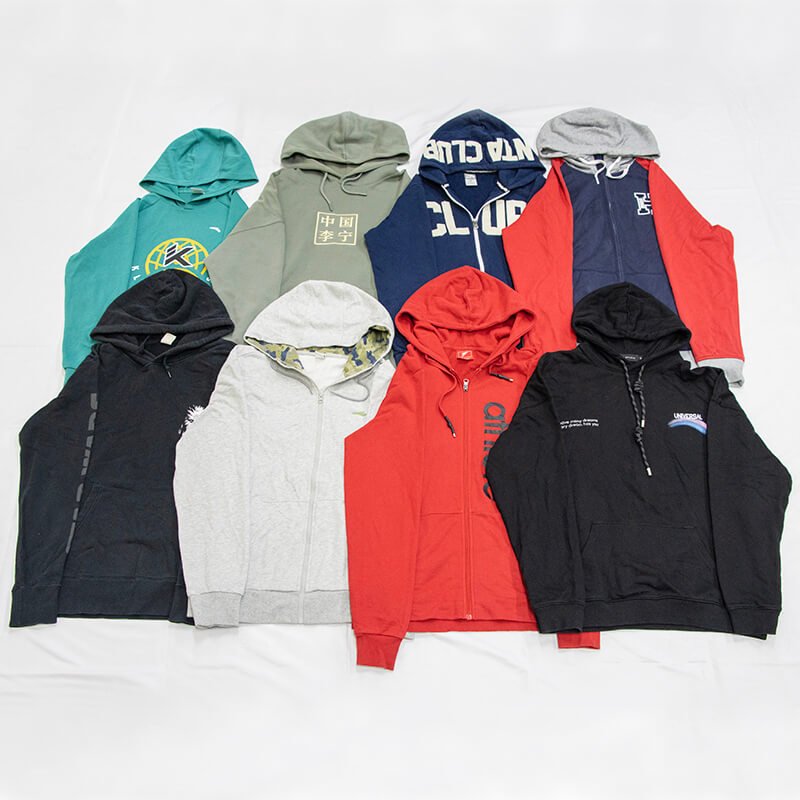Introduction
The question of whether second hand clothes are profitable is one that has gained increasing relevance in the context of today’s fashion industry. In this article, we delve into the second hand clothing market to understand its profitability and the factors that contribute to it.

The Landscape of the Second Hand Clothing Market
The global second hand clothing market has witnessed exponential growth in recent years, fueled by factors such as increasing environmental awareness, shifting consumer preferences, and the rise of online platforms. According to a report by GlobalData, the market is projected to reach a value of $64 billion by 2024, highlighting its significant economic potential.

Analyzing Profitability Models For Second Hand Clothes
One of the primary factors contributing to the profitability of second hand clothes is the difference in buying and selling prices. Unlike new clothing, which depreciates in value once purchased, second-hand clothes often retain a significant portion of their original value. This price differential allows sellers to profit from the resale of pre-owned garments, particularly those in good condition or from desirable brands.
Furthermore, the low cost of acquiring second hand clothes is another key aspect of profitability in this market. With various sourcing options available, including wholesale purchases, clearance sales, and donations, sellers can obtain inventory at a fraction of the cost of new clothing. This lower acquisition cost translates into higher profit margins for sellers, contributing to the overall profitability of the business.

Sales Channels For Second Hand Clothes
Second hand clothes are sold through a variety of channels, including traditional retail stores and online platforms. Traditional retail stores, such as thrift shops and consignment stores, offer a physical space for customers to browse and purchase pre-owned garments. These stores often rely on foot traffic and word-of-mouth marketing to attract customers, leveraging their curated selection and affordable prices to drive sales.
In contrast, online platforms have become increasingly popular for selling second hand clothes, offering sellers a broader reach and access to a larger customer base. Platforms like Alibaba allow individuals to list and sell their pre-owned clothing items directly to consumers, eliminating the need for intermediary retail spaces. These online platforms typically generate revenue through various means, including listing fees, transaction fees, and advertising, contributing to their profitability.

Challenges and Opportunities
Despite the profitability of the second hand clothing market, sellers face several challenges, including stiff competition and the need to differentiate themselves in a crowded marketplace. With an increasing number of sellers vying for customers’ attention, standing out and building a loyal customer base can be challenging.
However, the rise of sustainable fashion presents significant opportunities for growth in the second hand clothing market. As consumers become more conscious of the environmental and social impact of their purchasing decisions, there is a growing demand for sustainable alternatives to fast fashion. Second hand clothing, with its focus on reuse and recycling, is well-positioned to capitalize on this trend, offering consumers an ethical and eco-friendly choice.

Success Stories For Second Hand Clothes
Several success stories in the second hand clothing market exemplify the profitability of this business model. Companies like ThredUP and The RealReal have achieved significant success by capitalizing on the growing demand for second hand clothing and leveraging innovative technology to streamline the buying and selling process. Similarly, individual entrepreneurs have found success by carving out niche markets and building personal brands around their unique offerings.

Conclusion
In conclusion, second hand clothes can indeed be profitable for sellers, thanks to factors such as price differentials, low acquisition costs, and the availability of various sales channels. However, success in this market requires careful planning, strategic positioning, and a deep understanding of consumer preferences. As the demand for sustainable fashion continues to grow, the second hand clothing market presents ample opportunities for profitability and growth.


